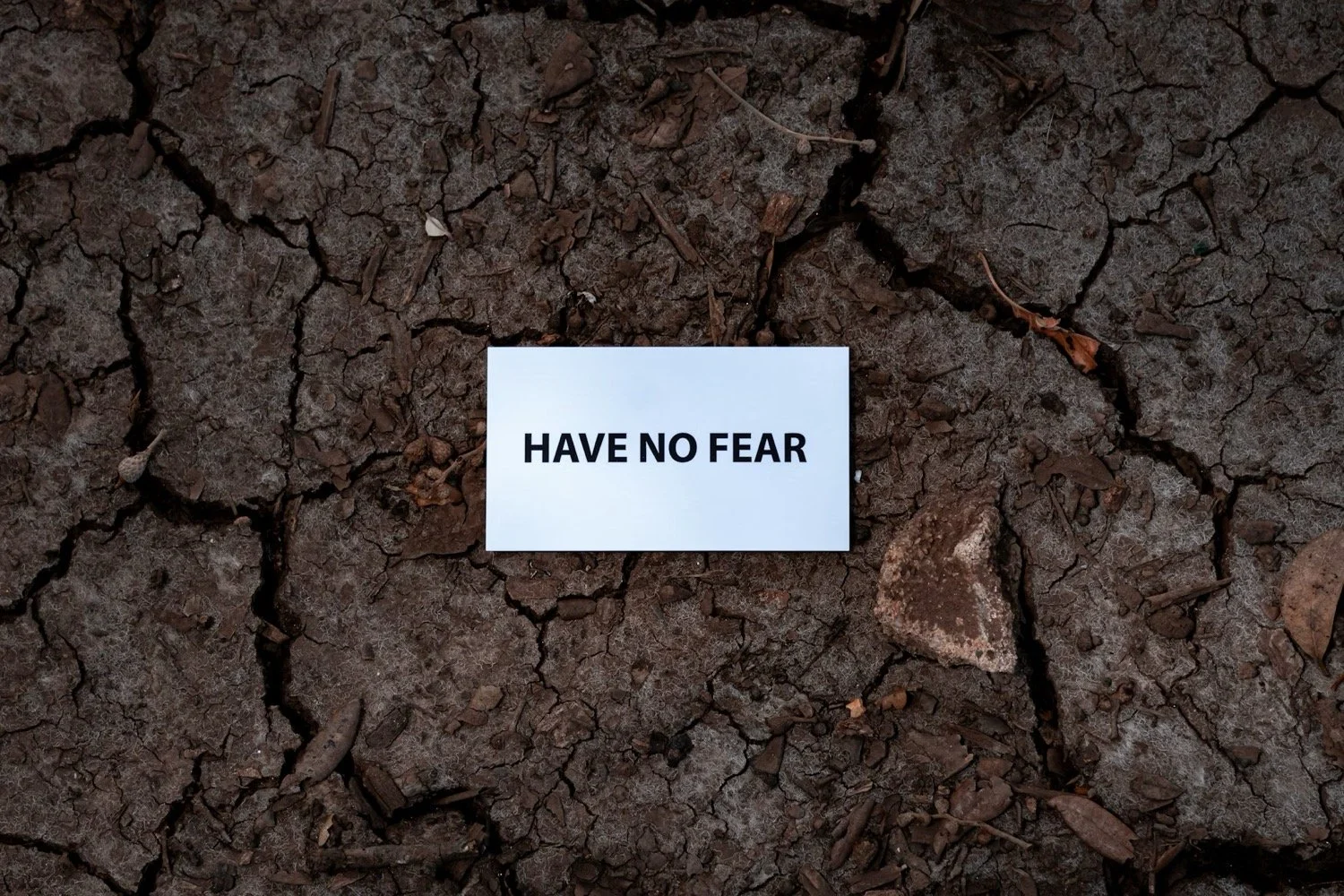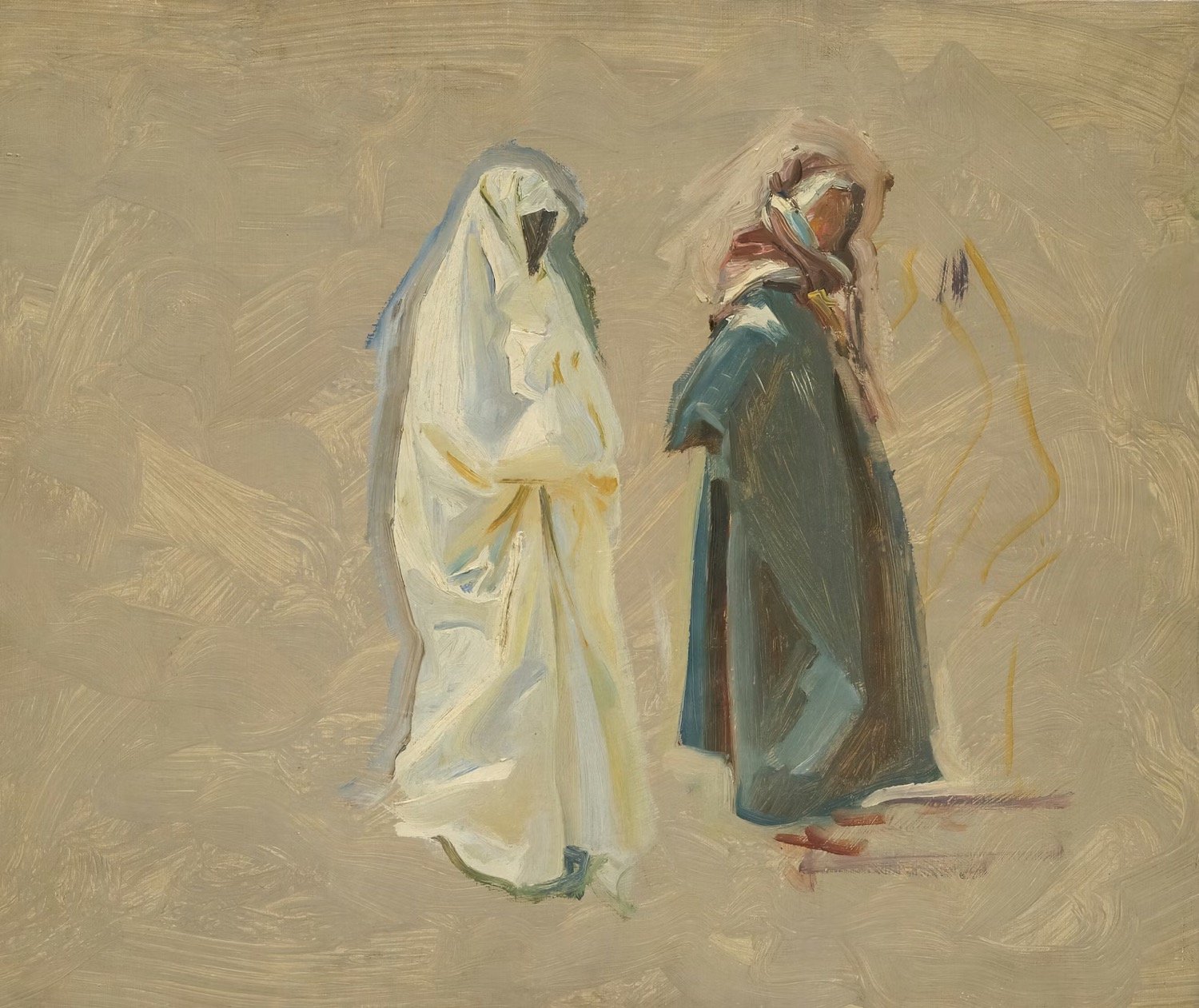Readings for today: Numbers 3-5
The Bible is full of rituals that seem strange to us. This is part of the cultural distance we must keep in mind as we read. What may have been normative for an ancient near east Israelite is certainly not normative for a 21st century American and vice versa. Of all the strange rituals recorded in the Bible, the one detailed in Numbers 5 has to be among the strangest. A woman suspected of adultery is put to a test whereby she has to drink bitter water to determine if she is guilty of committing adultery.
First and foremost, we need to remember the context. Women and men were not considered equals in the ancient near east. In fact, women were more property than people so we shouldn’t be surprised at the patriarchal tone of the text. It doesn’t make it right. It doesn’t mean God is in favor of patriarchy. It simply means God is speaking to His people through the cultural norms of the day and revealing His sovereign will just as He does to this day.
Second, we need to remember the seriousness of adultery. Adultery was one of the “big three” crimes in ancient Israel. It was punishable by death along with idolatry and murder. The reason God lays out such harsh penalties is to protect the family. The family unit is the fundamental building block for God’s chosen people. It is through the family unit that faith is passed from one generation to the next and the story of God’s history with His people kept alive. God wants to protect the family at all costs and adultery puts the family at significant risk.
Third, God is a God of justice. Unlike the pagan cultures that surrounded Israel, God wanted to make sure that women were not cast aside on the jealous whims of their husbands. He wanted to protect women by providing a way for them to prove their innocence. He uses the cultic practices of the ancient world to place a hedge of protection around women to prevent them from being slanderously accused.
Finally, God is a God of honor. The honor of the wife and the honor of the husband and the honor of the family are of paramount importance to Him. Jealously threatens the honor of the family as does suspicion, gossip, and whisper campaigns that human beings seem to take so much delight in. By subjecting the woman to a public sacred ritual, all potential dishonor is put to rest. Furthermore, the public nature of the ritual would also act as a deterrent to husbands who might be tempted to bring frivolous charges against their wives.
So what do we take away from our reading today? Well, it’s worth pondering our own attitudes towards sexual fidelity in marriage. Do we guard our hearts and take adultery as seriously as God? Second, how can we protect the honor of our families in the way we think, speak, or act? How can we protect those we love from frivolous and slanderous accusations? Finally, we look to Christ who drank the bitter cup and took on the curse for us and we give thanks for His willingness to take our place.
Readings for tomorrow: No readings on Sundays




